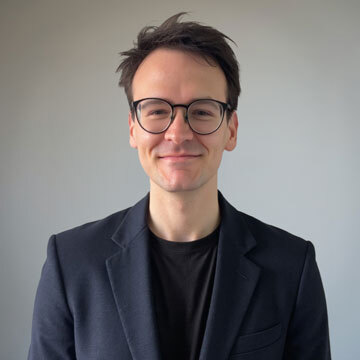


243 Views
6
View In My Room
Photography, Color on Paper
Size: 39.4 W x 39.4 H x 0.1 D in
Ships in a Tube
243 Views
6
Artist Recognition

Artist featured in a collection
ABOUT THE ARTWORK
DETAILS AND DIMENSIONS
SHIPPING AND RETURNS
Mayram Maryam, "Psyche At Niterói Contemporary Art Museum", 2020, unique author's technique, 100 x 100 cm. The Niterói Contemporary Art Museum (Museu de Arte Contemporânea de Niterói — MAC) is situated in the city of Niterói, Rio de Janeiro, Brazil, and is one of the city’s main landmarks. The co...
Year Created:
2020
Subject:
Mediums:
Photography, Color on Paper
Rarity:
Limited Edition of 13
Size:
39.4 W x 39.4 H x 0.1 D in
Ready to Hang:
Not Applicable
Frame:
Not Framed
Authenticity:
Certificate is Included
Packaging:
Ships Rolled in a Tube
Delivery Cost:
Shipping is included in price.
Delivery Time:
Typically 5-7 business days for domestic shipments, 10-14 business days for international shipments.
Returns:
The purchase of photography and limited edition artworks as shipped by the artist is final sale.
Handling:
Ships rolled in a tube. Artists are responsible for packaging and adhering to Saatchi Art’s packaging guidelines.
Ships From:
Ukraine.
Customs:
Shipments from Ukraine may experience delays due to country's regulations for exporting valuable artworks.
Need more information?
Need more information?
Mayram Maryam
Ukraine
Mayram Maryam is a Master of Fine Arts (MFA) Above the valleys and the lakes: beyond The woods, seas, clouds and mountain-ranges: far Above the sun, the aethers silver-swanned With nebulae, and the remotest star, My spirit! with agility you move Like a strong swimmer with the seas to fight, Through the blue vastness furrowing your groove With an ineffable and male delight. Far from these foetid marshes, be made pure In the pure air of the superior sky, And drink, like some most exquisite liqueur, The fire that fills the lucid realms on high. Beyond where cares or boredom hold dominion, Which charge our fogged existence with their spleen, Happy is he who with a stalwart pinion Can seek those fields so shining and serene: Whose thoughts, like larks, rise on the freshening breeze Who fans the morning with his tameless wings, Skims over life, and understands with ease The speech of flowers and other voiceless things.
Artist Recognition

Artist featured by Saatchi Art in a collection
Why Saatchi Art?
Thousands of
5-Star Reviews
We deliver world-class customer service to all of our art buyers.
Global Selection of Original Art
Explore an unparalleled artwork selection from around the world.
Satisfaction Guaranteed
Our 14-day satisfaction guarantee allows you to buy with confidence.
Support Emerging Artists
We pay our artists more on every sale than other galleries.
